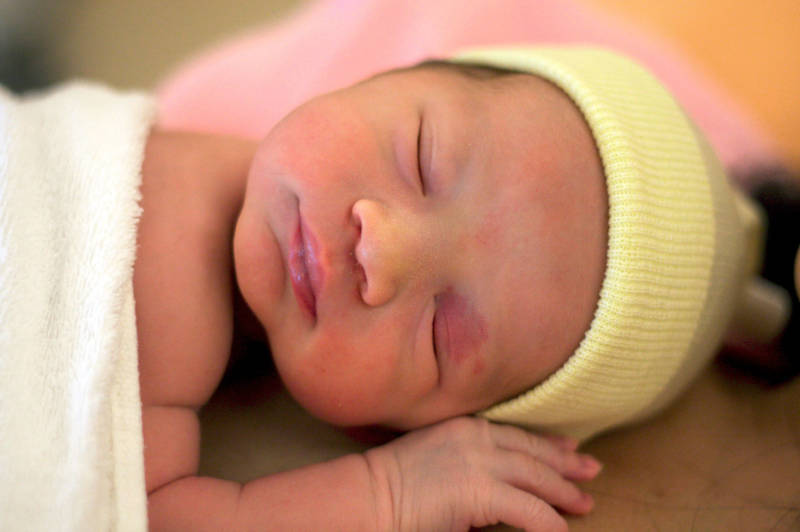AB 1838, by Assemblyman Phil Ting (D-San Francisco), would extend that infant income supplement to expecting foster girls during their last trimester, a total of $2,700.
"It could be really critical funds for them," said Susan Abrams, policy director with Children's Law Center of California. "That would enable pregnant foster youth to really take steps to prepare for the birth of their child."
Pregnant Youth in Foster Care Lack Support
These young women, who are up to 21 years of age, lack basic support and resources to be a parent, said Abrams, whose organization co-sponsored AB 1838. They often live in foster homes or with relatives who are struggling financially themselves.
Girls in the foster care system are more likely to get pregnant and become moms than their non-foster care peers. A 2014 survey of foster youth in California found that 26 percent of girls had been pregnant at least once by age 17, compared with about 10 percent in the general population.
That study, which reviewed responses from over 700 foster youth ages 16-17, also found that 20 percent of the teens had not received any prenatal care during their pregnancies.
That's because foster youth might be ashamed or fearful they'll get into trouble if they disclose their pregnancy, says Amy Lemley, executive director at the John Burton Foundation for Children Without Homes, which helped craft the bill.
Lemley says Gov. Jerry Brown's approval of AB 1838 would provide an incentive for foster youth to disclose their pregnancies earlier and access prenatal care, with positive impacts for the health of both the baby and mom.
"When a young parent has what they need, they are more likely to be more confident on their new role as parent, and they are just more likely to succeed," she explains.
The stipend would take effect Jan. 1, with an estimated cost of $2.2 million per year.
One Mom's Story
Miranda Sheffield was 18, in foster care, and going into labor on her way to the hospital when she remembers thinking she didn't have a crib or car seat for her baby girl.
"I didn't have all those things ready to go," said Sheffield, who lives in the L.A. area. Her friends scrambled, and she was able to leave the hospital with a car seat for her daughter. But gear was just one of many unknowns at the time for her.
Sheffield felt "very overwhelmed" during her pregnancy, she said, and worried about how to secure food and housing for her daughter later on. She was scared her baby would also end up growing up in the foster care system, like herself.
"Having those extra $900, it would have helped to alleviate some of that stress of not knowing where you are going to sleep," said Sheffield, who had to exit the foster care system at age 18 with her newborn and was considering living in a shelter.
That was before 2012, when California provided youth the option of staying in foster care until age 21.
Sheffield counts herself as lucky. Her foster mom continued providing a home for her and her baby, and Sheffield went on to earn a college degree and become a peer advocate for other foster youth. She's now 30 and the "happy mommy of an awesome 11-year-old."
She said AB 1838, if implemented, would help provide some peace of mind, options and basic necessities to expecting moms she knows in foster care.
Brown has until Sept. 30 to OK or veto the bill.
